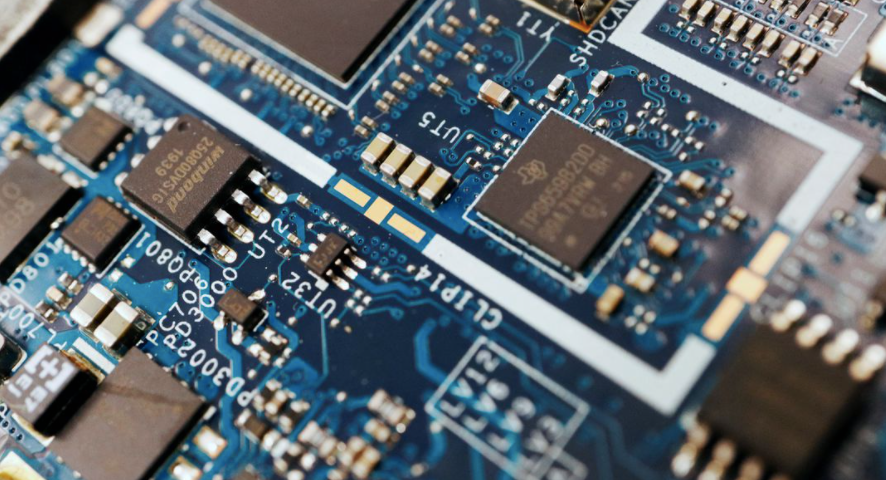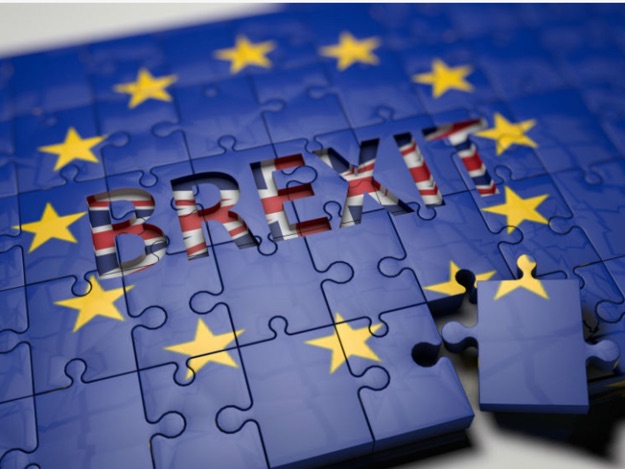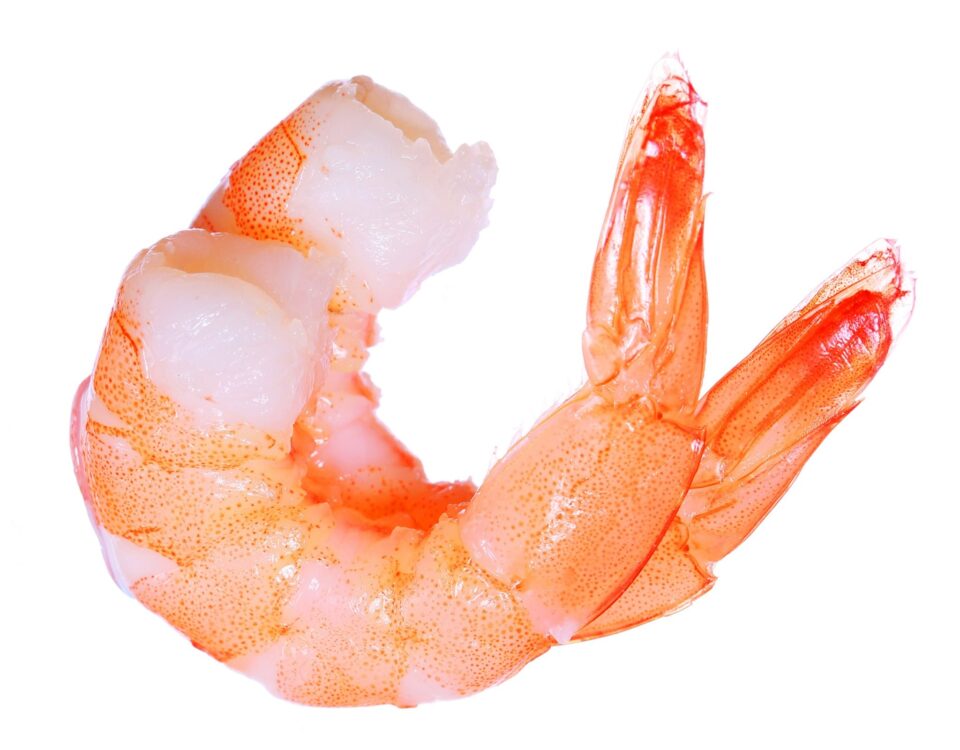
Our Weekly Economic News Roundup: From Fast Food Logos to Warning Labels
March 26, 2022
The Difference that Nine Cents Can Make
March 28, 2022Our computer chip crunch just got worse.
Half of the world’s neon–crucial for making computer chips–comes from Odesa and Mariupol.
Yes, Ukraine.
Faced with shortages, we could make neon ourselves. But that would mean less of the globalization that has fueled economic growth.
A Neon Primer
The factories in Ukraine that purify neon are closed.
Making neon starts with lots of air from which you get a little neon. Using air separation technology, manufacturers then isolate the neon. From here I was rather mystified. But I could understand that neon is the gas that makes lasers work. And, we need those lasers to etch tiny patterns on the silicon wafers that become our computer chips.
In the short run you can recycle neon and use less by adjusting your lasers. But still, soon there will be a shortage if Ukraine’s factories produce none. Less neon not only means chip shortages but also higher prices.
It also illustrates why this could be the end of globalization.
Our Bottom Line: Globalization
We could be moving from “just in time” to “just in case.” Factories that depended on a just in time approach minimized inventories. They got what they needed when they needed it–just in time. Now though manufacturers could switch to a just in case approach. Worried their global links are broken, instead they make and store things themselves.
Adam Posen, the president of the Peterson Institute for International Economics believes we touched the pinnacle of globalization 22 years ago. But it’s all been downhill since then. We’ve had a surge of anti-immigration sentiment, tension with China, broken supply chains and far off natural disasters.
Dr. Posen predicts a divided world whee one group is loyal to the U.S. and the other, China. We can also predict that economist David Ricardo will be shouting from his grave, “But what about comparative advantage? What about the efficiencies we all achieve when we do whatever has the lowest opportunity cost?”
My sources and more: Vox’s neon podcast and a Vox article returned me to globalization. Then, Adam Posen’s insight on globalization and Reuters completed the picture. Our featured image is from Reuters.
![econlifelogotrademarkedwebsitelogo[1]](/wp-content/uploads/2024/05/econlifelogotrademarkedwebsitelogo1.png#100878)




